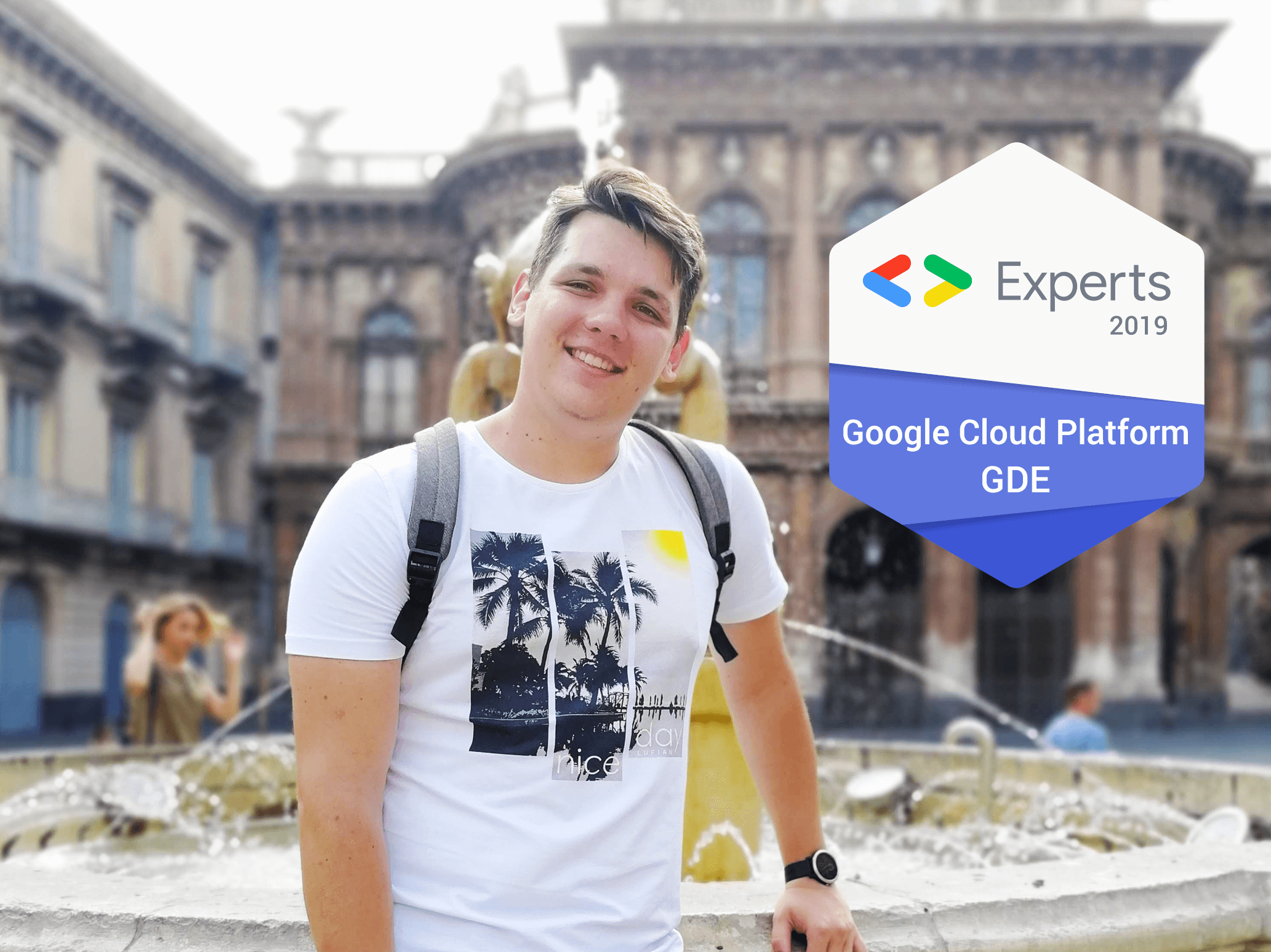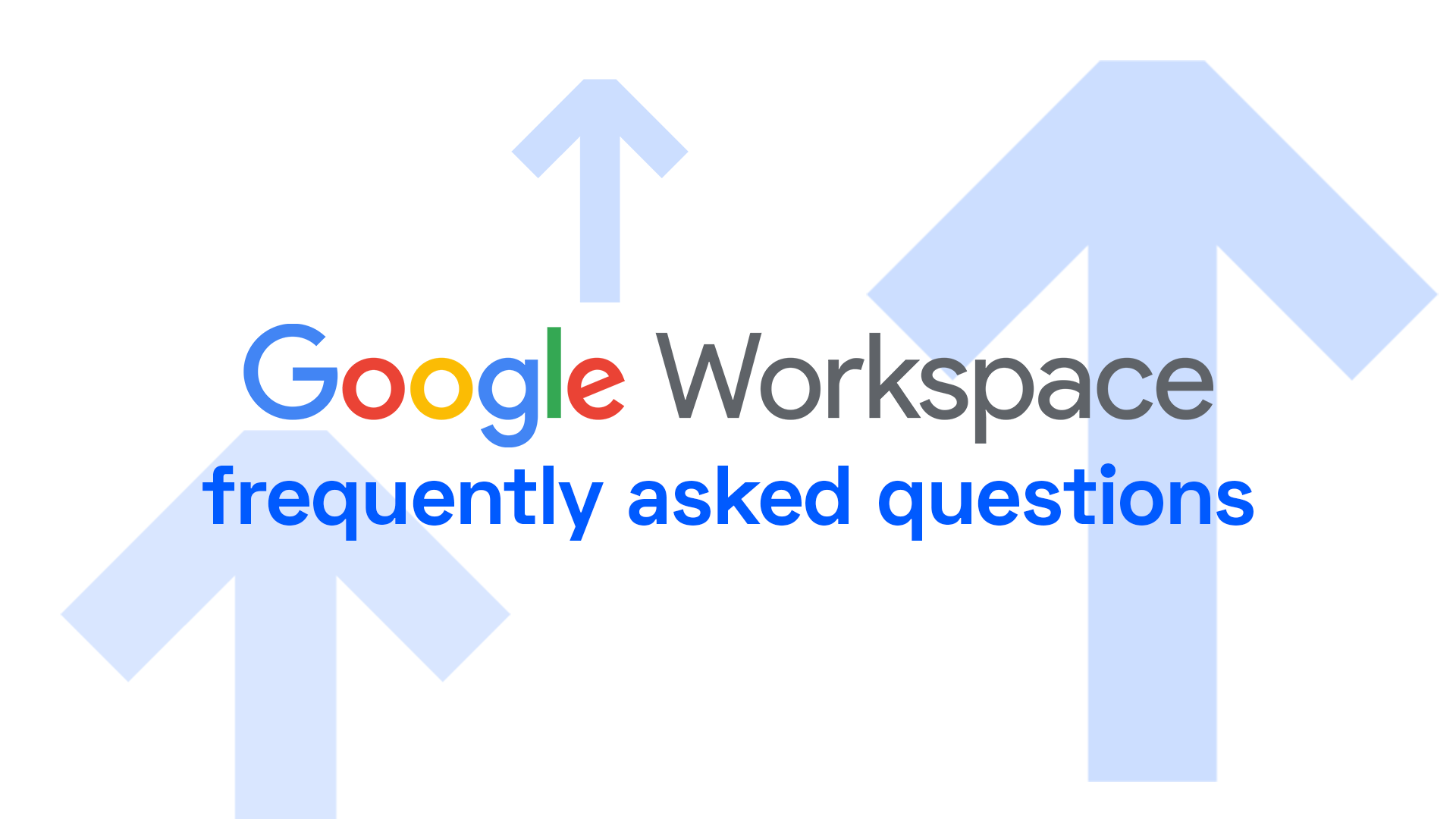We bring you an abbreviated version of the interview. If you want to listen to the whole podcast, you can find the link at the end of the article.
Peťo, you are a co-founder of flowup. Can you briefly introduce your company?
FlowUp is a technology company that I founded with two other friends four years ago. We deal with Cloud-native solutions, which we describe as tailor-made applications that are developed in the Cloud. We consider flowup to be a pioneering company in general. We often work with very new technologies, such as the Cloud.
What exactly does your work with clients look like?
Our specialization is custom development, which we usually approach gradually from the inital concept and business motivation, through architecture to development of the application itself. In short, we help clients with the entire life-cycle of their projects. At the same time, we try to use cutting-edge technologies as much as possible, at the moment mostly Cloud or Kubernetes.
When you started, did you approach orders differently?
We started like most companies - on one machine. But then we realized that if such a machine burned, we would have nothing. Fortunately, many companies are aware of this today. Moreover, many people know that the price they pay for their own servers and their maintenance is significantly higher than the price they pay for the Cloud. On paper, it seems that the Cloud is more expensive, but if you count people and maintenance, you pay a lot less as a result.
Do you primarily use the Google Cloud Platform?
We use two platforms right now. One is GCP, the other AWS. It depends on the client's preferences, but we can also advise them which platform better suits their needs.
Have you tried Microsoft Azure, for example?
Do I really have to talk about my experience with Azure? (laughs)
There are countless startups today. Was it hard to find a place on the market for your company years ago?
I would say that it is still difficult to break through with new technologies. Most (especially large) companies are very conservative. That's why we need to find customers who are innovative in this respect, who go with the times and who want to automate the whole process. And that's hard.
How did flowup actually come about?
Albert, our co-founder, and I were sitting in the canteen during our studies, eating fried cheese, and Albert said: "Pete, we should start a business," and I agreed. But we didn't establish the company for another year and a half, even though we had a great team and together we participated in various hackathons (which, by the way, are still part of our corporate culture in flowup). During one hackathon, our startup was established, but it was not yet the company it is today. At that time, we lacked experience, so our first business was not successful.
So was the beginning very difficult?
I would rather say a lot like in other startups. (laughs)
You recently earned the prestigious GDE title. Will you tell us how you got to it?
Three years ago, I started as a speaker at local meetups. There I met Vojta, a veteran who runs the Brno GUG. Afterwards, we jointly organized the first meetup for 40 or 50 people, which took place in Brno. Probably Google I/O Extended or Google Cloud Next Extended, I don't know. (laughs)
How would you simply describe GDE?
GDE is a separate community that brings together experts around the world. As a member, you get in touch with people who have the same, if not more, interest in the topic as you. At the same time, these people act as a huge motivation for you. The title has a great reputation on the market, it is easier for its holders to get to community meetups or conferences. Another benefit is invitations to events organized by Google itself.
Was it difficult to become a GDE?
It is hard to say. My plan wasn't to become GDE, it all happened very organically. I always enjoyed giving talks at events, writing articles, and helping the community in general. Although I knew there was a way to get this title, it seemed unattainable. Half a year ago, however, I found myself at an event with Denis, a Czech Google Assistant Developer Expert, with whom I talked about what I do, where I lecture, and so on. The very next day, I received an invitation to the program with reference from Denis.
How did the whole admission process go?
It was pleasant, except for the first task, when I had to submit the outputs of what I had been working on for the last year. That means - I had to put together all the articles and also the list of meetups I attended with the speeches or presentations. In short, I needed to make a report of everything where I made some impact. It took me three days to find only the event links. (laughs)
And then?
Then I had two interviews. First, I talked to another GDE, who had the title for a longer time. At this stage, my motivation was important. Thanks to the fact that my values are quite similar to the values of the GDE community, the interview was very easy for me. There were no questions about technology, but rather why I wanted to be part of the community. For example, they do not want to give the title to people who would advertise or do product hiring in the community.
How can one become a Google Developer Expert? What to prepare for?
Since I got the title and I didn't plan it, I have only one answer for people who ask me this question - don't try to become a GDE. It's not a goal, it's a title you get for doing something for the community. Obtaining the title is just the beginning of the whole journey.
Are you interested in how the flowup team works or how Peťo separates work and free time? Listen to the full-length version of the podcast here (in Czech only):




